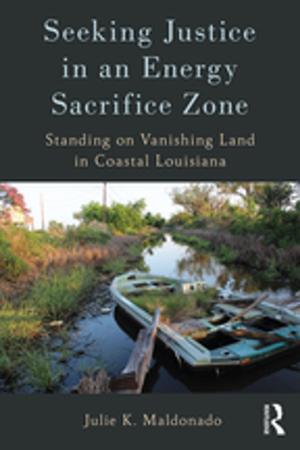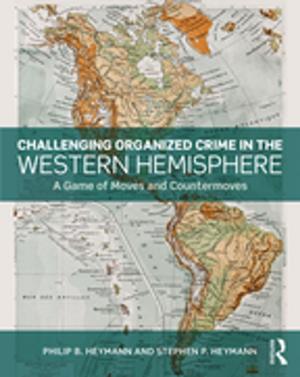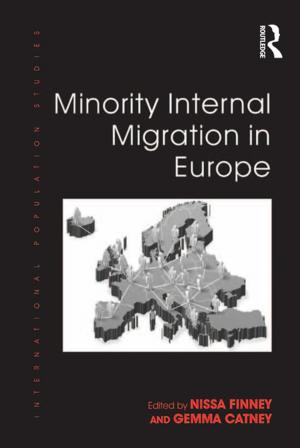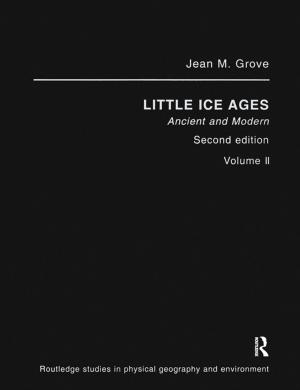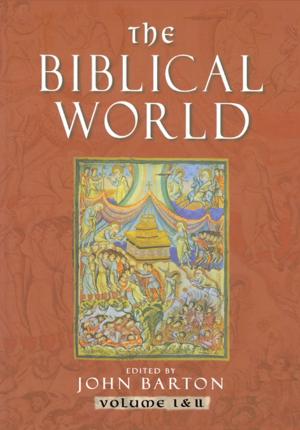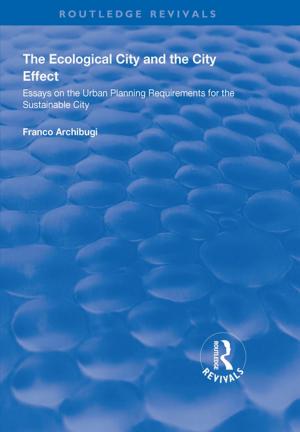The Urban Caribbean in an Era of Global Change
Nonfiction, Science & Nature, Science, Earth Sciences| Author: | Robert B. Potter | ISBN: | 9781351880695 |
| Publisher: | Taylor and Francis | Publication: | March 2, 2017 |
| Imprint: | Routledge | Language: | English |
| Author: | Robert B. Potter |
| ISBN: | 9781351880695 |
| Publisher: | Taylor and Francis |
| Publication: | March 2, 2017 |
| Imprint: | Routledge |
| Language: | English |
Based on the author’s first hand field research, this book addresses the twin processes of urbanization and globalization as they affect the contemporary Caribbean region. One of the key aims of the book is to focus attention on the fact that contrary to popular perceptions, the Caribbean is highly urbanized. Indeed statistics show that the region is more highly urbanized than the world taken as a whole. In addition, the fact that the Caribbean region has always been affected by processes of globalization, in respect of its economy, polity and society, is central to the text. The chapters cover pressing topics such as urban change and the evolution of mini-metropolitan regions, the importance of the mercantile and plantopolis frameworks, tourism, post modernity and the urban nexus, economic change and the dual processes of global convergence and divergence, and the nature of the relationships existing between the state, the informal sector, housing and environmental conditions. In reality, it is shown that the development of tourism and enclave manufacturing is leading to new forms of urban concentration, and not spatial dispersal.
Based on the author’s first hand field research, this book addresses the twin processes of urbanization and globalization as they affect the contemporary Caribbean region. One of the key aims of the book is to focus attention on the fact that contrary to popular perceptions, the Caribbean is highly urbanized. Indeed statistics show that the region is more highly urbanized than the world taken as a whole. In addition, the fact that the Caribbean region has always been affected by processes of globalization, in respect of its economy, polity and society, is central to the text. The chapters cover pressing topics such as urban change and the evolution of mini-metropolitan regions, the importance of the mercantile and plantopolis frameworks, tourism, post modernity and the urban nexus, economic change and the dual processes of global convergence and divergence, and the nature of the relationships existing between the state, the informal sector, housing and environmental conditions. In reality, it is shown that the development of tourism and enclave manufacturing is leading to new forms of urban concentration, and not spatial dispersal.



